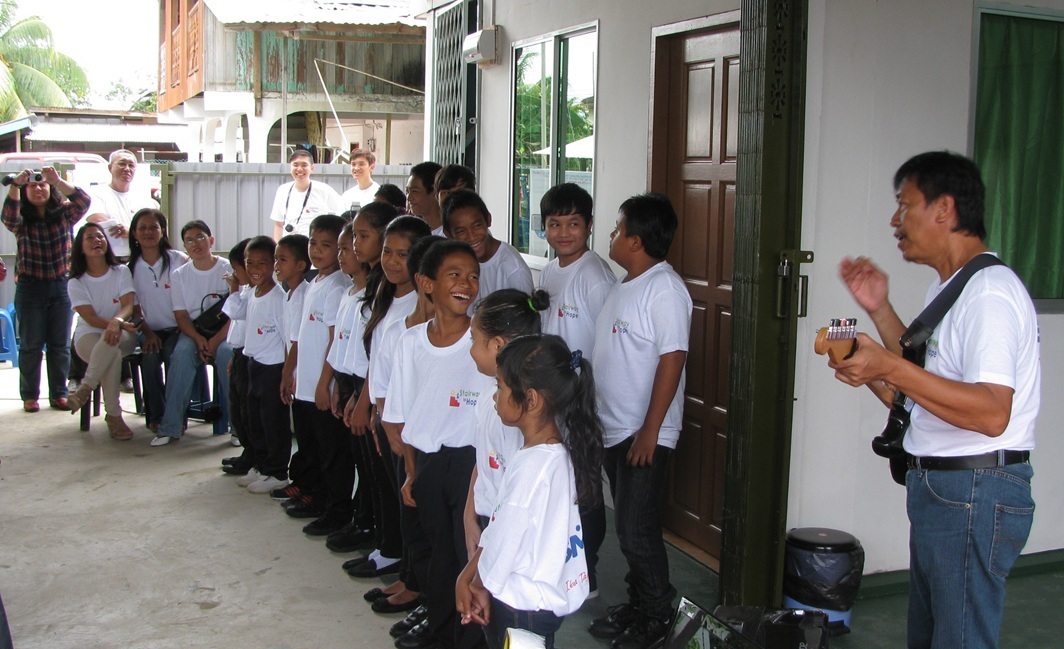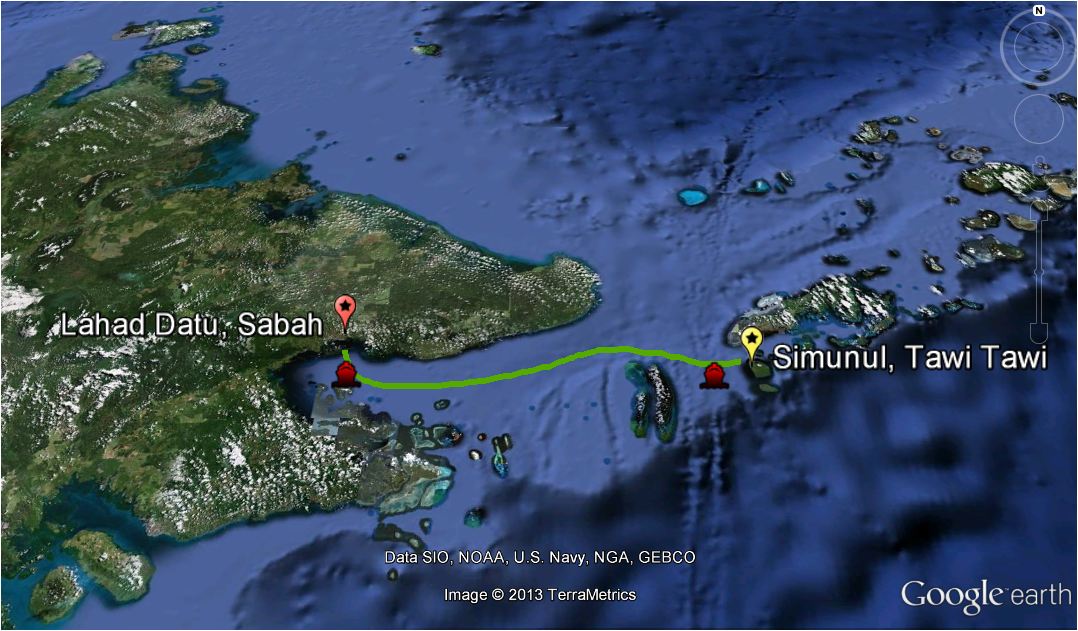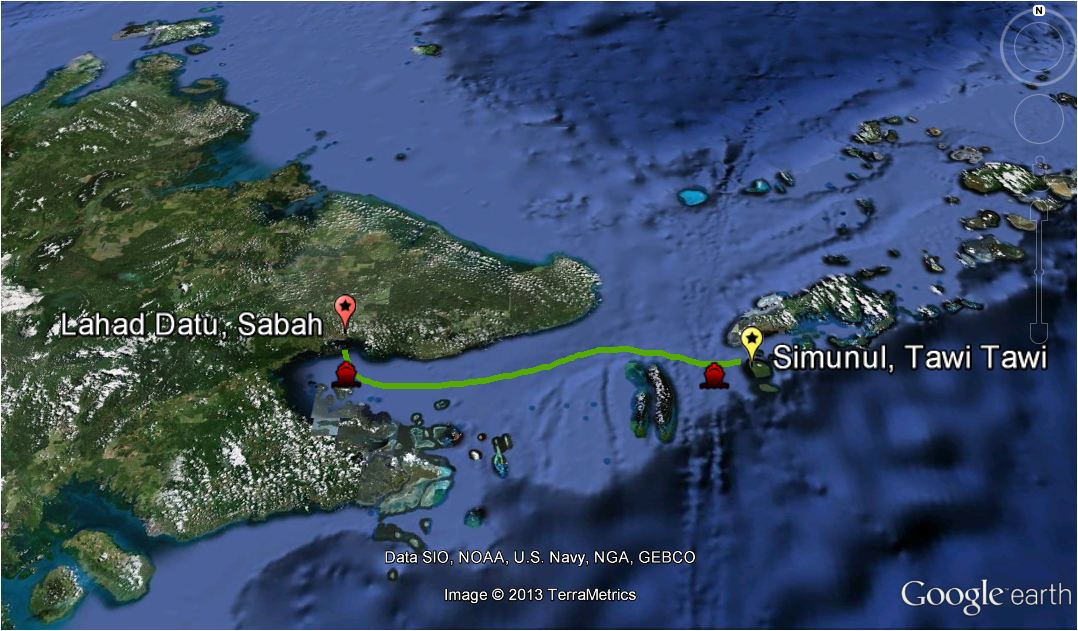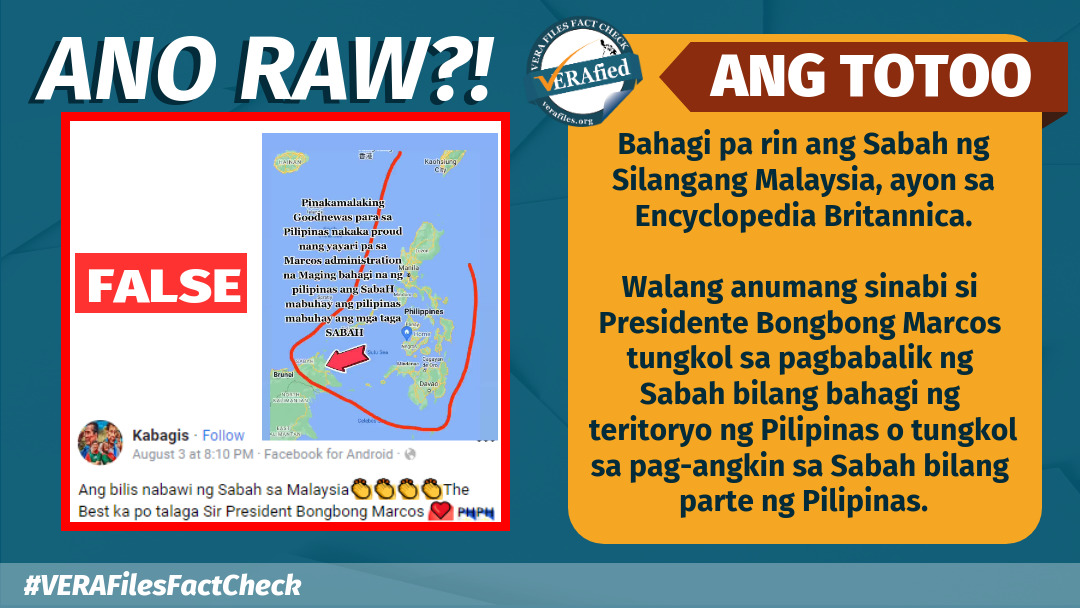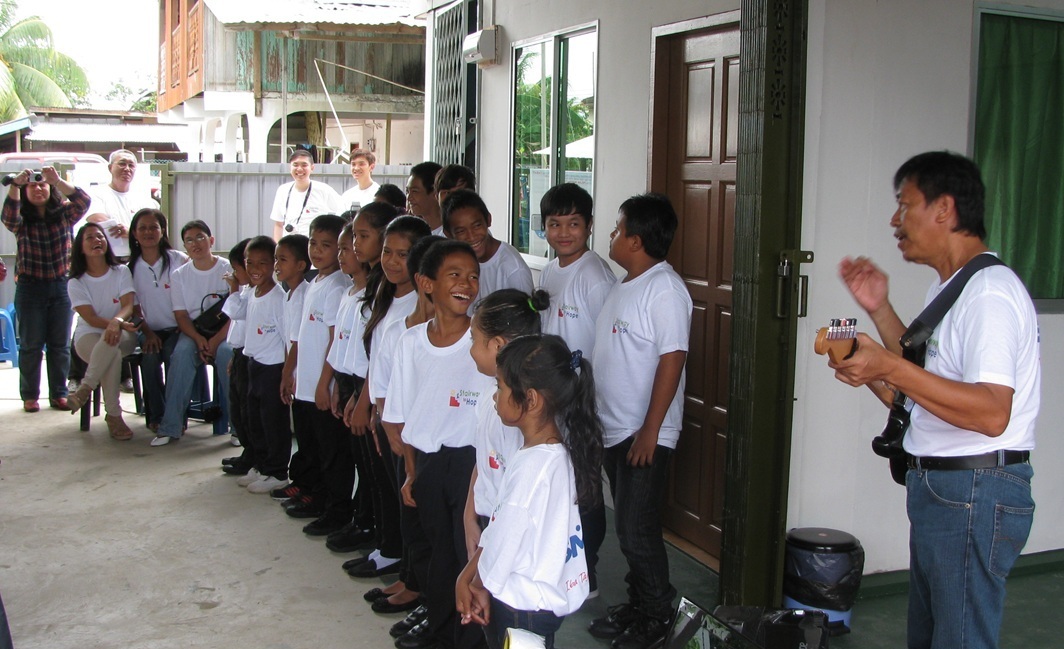
By CHERRY JOY VENILES
HALAW in Malay-Bahasa means “driven away” and until very recently had not been given a face until news of the Lahad Datu standoff hogged the headlines in early February. In the early 80s, halaw was used to describe persons whose heads were shaved to identify them as those to be “deported” from the port of Sendakan in Malaysia.
Recent news on Filipinos fleeing Sabah over reports of police brutality and random crackdowns, while alarming and disturbing, remain unchecked, and so has the plight of the children that have been driven away from this island off the Sulu-Celebes seas.
In 2011, the Commission on Filipinos Overseas reported a 124 percent increase of irregular migrant Filipinos in Malaysia from 200,000 in 2010 to 447,590 in 2011. The Philippine Embassy in Kuala Lumpur last year reported that 569,451 or 18.2 percent of the 3,117,405 total population of Sabah are Filipinos, both documented and undocumented. A Federal Task Force in Sabah, in turn, estimated that there are more than 30,000 children of undocumented Filipinos in Sabah whose births were not registered by their parents.
Being undocumented, most of these children are denied access to education as the Malaysian Ministry of Education almost exclusively offers schooling to Malaysians.
Why Sabah?
Apart from the historical and cultural nuances of the Sultanate of Sulu’s claims on the disputed island, Sabah, a boat ride away from Bongao in Tawi-Tawi, contributes 23 percent of Malaysia’s Gross National Product or (GNP). More than 80 percent of the 1,669 hectares have been developed with industries ranging from wood, rubber products, food, metal, plastics, ceramic and automotive parts.
These industries have lured many Muslims from Tawi-Tawi, Sulu and Basilan as well as other parts of Mindanao to take on jobs they would otherwise not find in the desolation of the region amid the insurgency and banditry that continue to plague some areas.
Malaysians since the 1990s have viewed the growing number of Indonesians and Filipinos in the islands as a threat to job opportunities intended for Malaysians. Thus the massive crackdowns and document checking that Malaysian police are known to conduct. Those found with “no documents” are loaded on boats toward the wharf in Zamboanga and are called halaw.
Stateless children
Most of these Filipino workers arrive in Sendakan, the second largest city in Sabah, with no papers or identity cards and move onward to find work through a network of kinship and easily mix in with the local residents. Most go to Sabah in their twenties and start receiving 400 to 600 ringgits (P5,000 to P8,000) a month with two free meals a day as they work for plantations, factories or restaurants and hotels.
Since their ancestors used to move from Bongao and Jolo port with no worries about legal papers or border crossing, many continue to believe what has been culturally ingrained in them that Sabah is part of the Sultanate of Sulu.
While they learn Bahasa for work, among themselves they speak Tausug or Sama and, intermittently, Tagalog.
And in the island and the network of Filipinos in the community, they marry among themselves, bear children and fail to go through the trouble of the mundane task of birth registration—leaving their children stateless with no passports and no rights to their basic requirements such as basic health and education.
Bayanihan for the stateless children
From Kota Kinabalu to Lahad Datu, Filipinos have pooled their resources to address the problem of the lack of access to education of Filipino school-age children.
Informal learning facilities managed by Filipino community leaders have been set up. They have put up makeshift classrooms, called for volunteer teachers, and continue to find ways to go beyond the basic reading, writing and arithmetic classes they now provide.
The Philippine Embassy has even made arrangements with an Indonesian foundation that operates in Lahad Datu. A number of the Filipino children go to these Indonesian learning centers that are funded by the Indonesian government, follow the Indonesian curriculum and are recognized by the Ministry of Education in Indonesia in view of the large number of Indonesian workers in the plantation.
In Semporna, the nonprofit Humana Child Aid Society started operating alternative learning centers in plantations in Lahad Datu in 1991. It provides basic informal education that serves Indonesian and Filipino children, children of the Bajau Laut (an ethnic group of Malay origin whose members have for centuries lived out their lives almost entirely at sea, plying a tract of ocean between Malaysia, the Philippines and Indonesia), construction workers, drivers and plantation workers. Of the 10,000 children in their schools, 1,500 are Filipinos.
Beyond ceasefire toward more uncertainty
While the Aquino administration and the Kirams fight it out in the media, the glaring truth is, many of those displaced by the standoff face more uncertainty.
Not exactly OFWs or overseas Filipino workers because they left using the backdoor without registering with the Philippine Overseas Employment Administration or the Overseas Workers Welfare Administration, the halaw cannot qualify for emergency assistance and face the difficult task of reintegration.
The National Commission on Muslim Filipinos (NCMF) has set up emergency desks that are expected to provide about P20,000 to 30,000 in financial assistance to families arriving from Sabah but with no homes, no work and nowhere to go.
The uncertainty can be difficult to bear. And sooner or later, many of those who arrive will find ways to go back to Sabah not only for work but because they have left family behind in the mad dash for safety.
The children, on the other hand, while born to Filipino parents have never set foot in Mindanao and, worse, are not even considered Filipino. Onsite birth registration centers from National Statistics Office and an inter agency team from the Department of Social Welfare and Development, Department of Education and the NCMF would be helpful to assess their emotional, health and educational needs.
Already, talks abound that an emergency Pantawid Pamilyang Pilipino Program where conditional cash transfers will be provided to those arriving from Sabah is being put in place by the DSWD. But with 400,000 irregulars coming from Malaysia, will this be a tenable solution?
Beyond the registration and CCTs, government should look at facilities at the Zamboanga, Bongao, and Sulu ports for health centers, shelter units and alternative learning centers for these children and their families.
Moreover, multilateral organizations such as United Nations Children’s Fund, United Nations High Commissioner for Refugees and the International Organization for Migration would best look at their portfolios to look at realigning their 2013 budgets toward becoming more responsive to this vulnerable group’s needs.
With the numbers expected to increase as the standoff continues, local government units at the receiving end of newly arrived, displaced Filipinos should also be assisted in improving their capacities to address the increasing needs of their “new constituency.”
(Cherry Joy Veniles has more than 10 years experience in Filipino migration and was head of the Policy Planning and Research Division of the Commission on Filipinos Overseas.)
